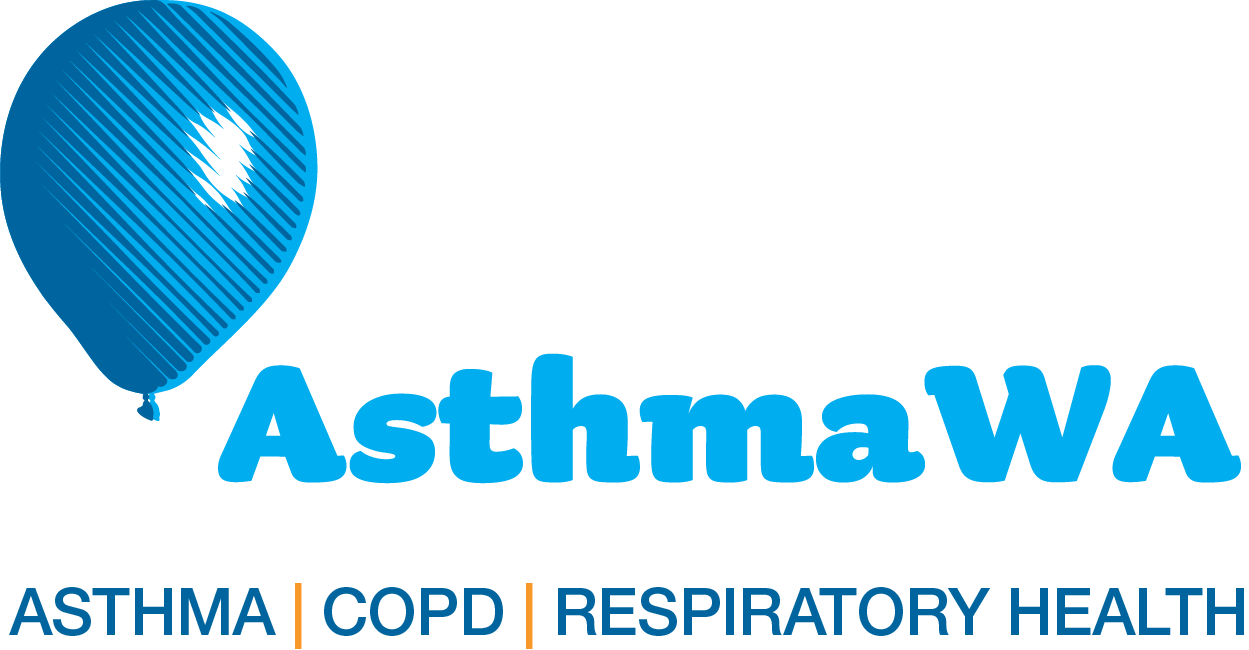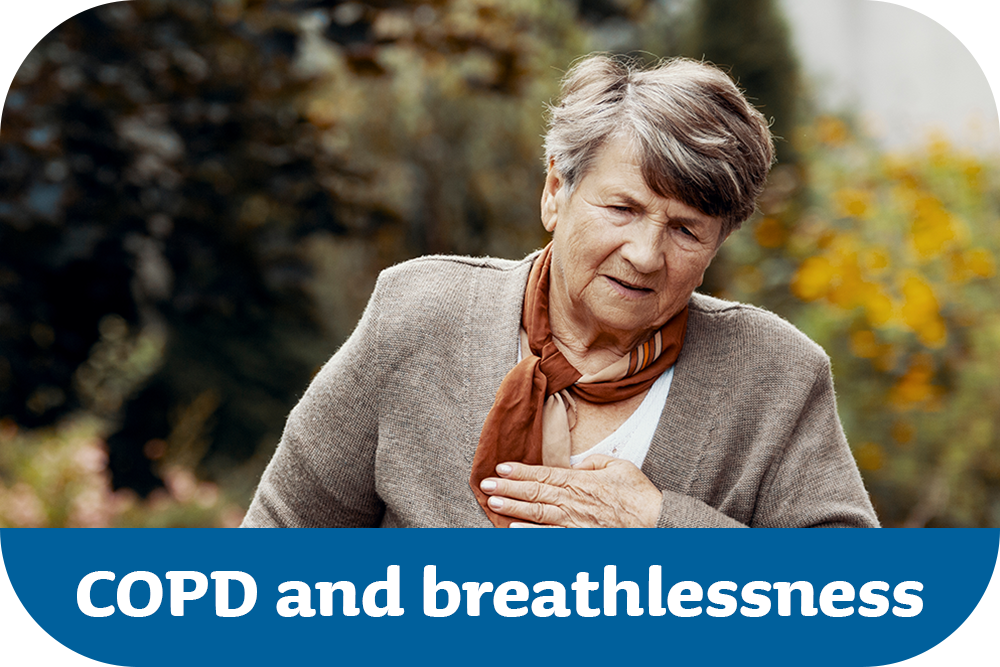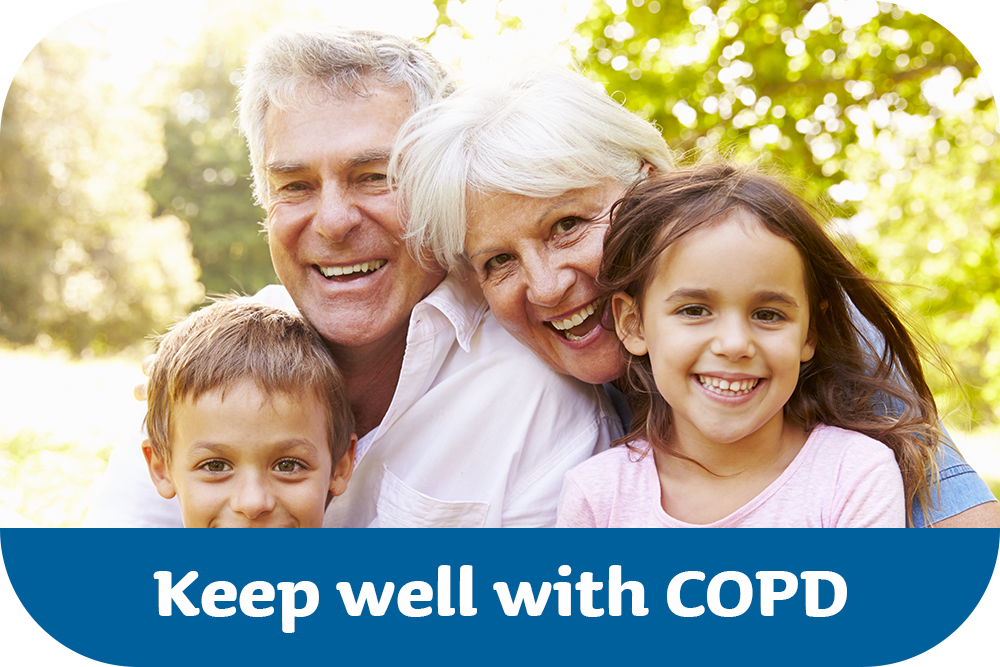
Chronic obstructive pulmonary disease (COPD) is an umbrella term for a group of progressive lung diseases.
- Emphysema
- Chronic bronchitis
Having COPD causes narrowing of the airways in the lungs which makes it more difficult to breathe. There is currently no cure for COPD, however early diagnosis and treatment can help ease symptoms, lower the chance of complications and improve quality of life.
Chronic Obstruction Pulmonary Disease symptoms
Symptoms of COPD may include:
- breathlessness after exertion (in severe cases, breathlessness may occur on minimal exertion or even at rest)
- wheezing
- coughing
- coughing up sputum (mucus or phlegm)
- fatigue
- cyanosis – a blue tinge to the skin caused by insufficient oxygen
- increased susceptibility to chest infections.
Possible causes and risk factors of COPD
Causes and risk factors for COPD may include:
- Smoking – this can include being a current smoker, past smoker or exposure to passive smoke
- Long-term exposure to lung irritants – such as smoke, gas, chemical fumes or air pollution
- A genetic disorder known as alpha-1-antitrypsin deficiency (AATD) can trigger emphysema, even if no other risk factors are present.
Diagnosis
When diagnosing COPD your doctor will review your signs and symptoms, discuss your family and medical history as well as any exposure you’ve had to lung irritants. Your Doctor may then request:
Lung function testing: This breathing test is the most accurate way to confirm a diagnosis of COPD and works by measuring airflow into and out of your lungs. Click here for more information…
Other tests that may be conducted: X-rays, CT Scans, blood tests
Management
Although COPD cannot be cured, early treatment is important to improve symptoms, slow progression and keep your condition well managed to assist in reducing the risk of a flare up or other complications.
There are a number of steps that can be taken to improve how you manage your condition such as
- Quit smoking if you’re a smoker
- Avoid triggers and prevent infection
- Continue to be as physically active as possible
- Ensure you maintain a healthy diet
- Ensure you are getting adequate rest and sleep
- Discuss a COPD management plan with your Doctor
- Ensure your vaccinations are up to date, especially for the flu and pneumonia
- Consider joining a support group



